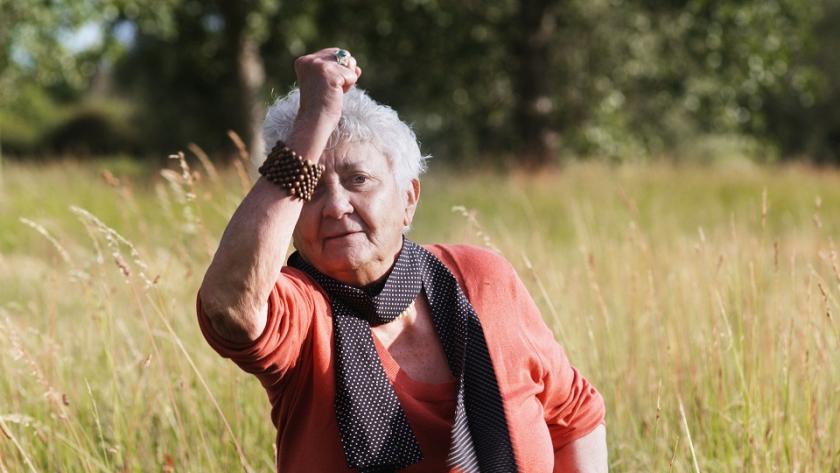Eleven life stories, and memories stretching back more than half a century. The protagonists of Sebastian Lifshitz’s Les Invisibles (The Invisible Ones) tell their different stories of growing up homosexual in France in years when their sexual identity was far from accepted by society. What a kaleidoscope of experience they have behind them, how moving a perspective they present as they view the lives they have lived from age. This is a film as much about looking back, about le temps perdu, as it is about the ramifications of sexual orientation.
Some talk hesitantly, other unstoppably. They are never introduced formally to us by name on screen, so the result combines informal interviews with a fly-on-the-wall effect, as if we are eavesdropping on them as they live alone, in couples, and in company. It’s an entirely unforced technique, which won Lifshitz France's César award for best documentary last year
Some lived in open protest against the world into which they had been born – especially when the events of 1968 made the personal political, and women demonstrated for the right to abortion and contraception as well as for freedom of sexual identity. Others moved away from public life to seek private contentment, like Catherine and Babette, who started a new life with their goats as they set up on a remote farm. The most irrepressible of all, 83-year-old goat farmer Pierrot never left the land behind, and cheerfully remembers his contacts with both sexes down by the river.
 Pierrot never settled down with anyone. Others like Bernard and Jacques (pictured right), now together in Marseilles, have an interaction that suggests they have been together for ever: actually, Jacques entered into his first gay relationship only at the age of 71.
Pierrot never settled down with anyone. Others like Bernard and Jacques (pictured right), now together in Marseilles, have an interaction that suggests they have been together for ever: actually, Jacques entered into his first gay relationship only at the age of 71.
Many reacted against the early influence of religion, some sought solitude abroad; even after changes in the law, the “scandal was to proclaim it,” a situation that only slowly began to change in the Seventies (remember, too, that opposition in France to gay marriage was far more pronounced than anything witnessed in Britain). We hear of Paris Match reporting on “the homo phenomenon... the scourge”, only for the sheltered Christian to be pictured across a full spread dancing with a man in leather, which proved a surprise to his family.
There’s huge joy in these testaments, as well as memories of “rough patches”, periods of sadness (much Chopin in the score, as well as a lovely, cheeky closing number from Juliette Gréco); there’s style in the way in which Lifshitz uses archive, and depicts surrounding nature. Les Invisibles tells of pleasures and passions, as well as of pains and a fierce assertion of identity. A touching film, and a powerful assertion of life.
Overleaf: watch the trailer for Les Invisibles















Add comment